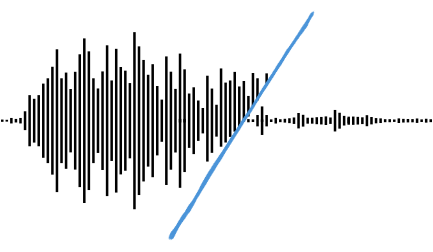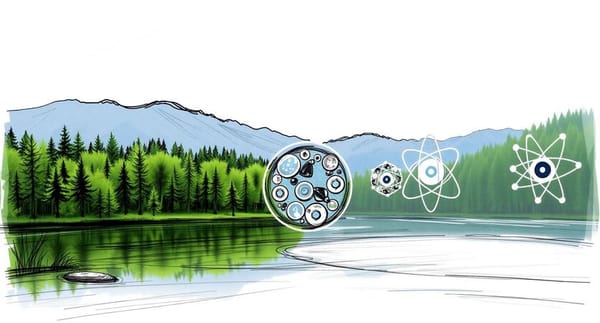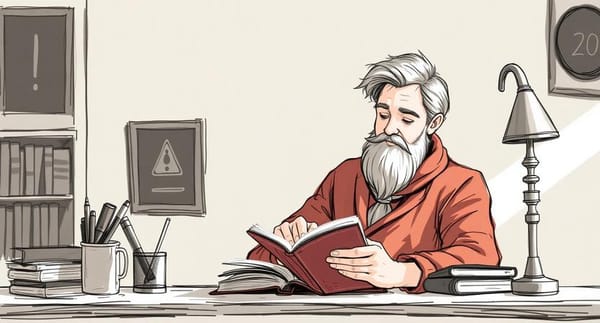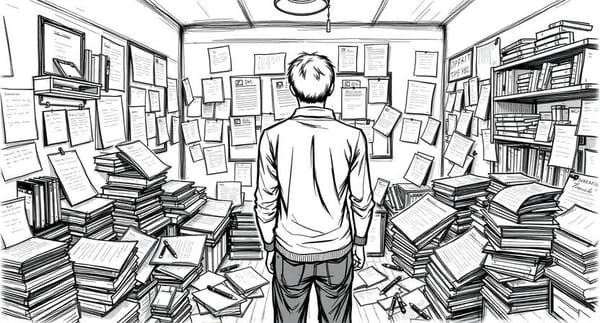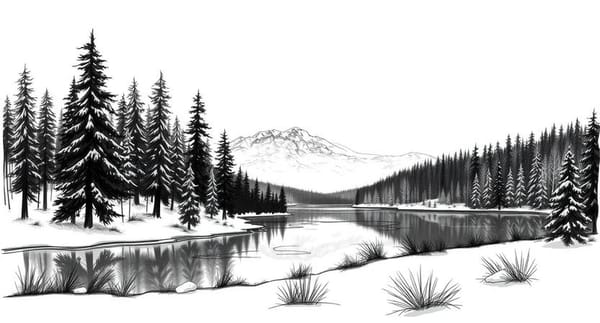Searching closure
The dissatisfying ruling left me confused and unable to let go. I was tired, but not yet done. With academia lacking appropriate venues, I had to find my own way.
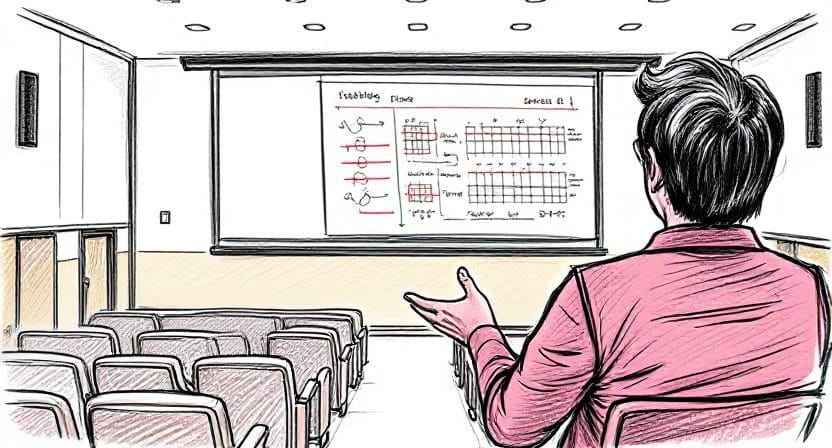
The agency’s verdict drained the last of my energy. It was ridiculous: Even the highest authority on the matter didn’t really care. Its investigation was at best lackadaisical and provided no clarity whatsoever. For months, I pondered what to do, but found no further path.
The topic was far too detailed, too complex for everyday journalism. The confines of a news article would distort it too much, and likely escalate the conflict beyond reason. Contacting a political office seemed similarly futile. With what motivation would they bring attention to a public institution’s failings, especially a university with all its weight? Why would they want to affront such an institution?
There was only one small glimmer of hope: a scientific article. Such publication would instantly solidify my criticism (due to the reviewers’ implicit endorsement), and automatically focus the conflict on points with concrete evidence (thereby culling emotionality and counteracting escalation). If I published, I could beat my opposition at their own game, but alas, I was not allowed to play. There are simply no journals for such matters. Out of 23 with fitting areas of study, I found only two with a potential interest, one of which had recently shut down. About to contact the last remaining candidate, I noticed the editor’s name was strangely familiar. As it turns out, they were part of the agency’s commission. And just like that, the option of publishing vanished.
Part of me was relieved. I had long lost confidence in the academic process, and frankly, no longer wanted to partake. Too many people had blatantly disregarded its principles for too long. But the truth was as yet undefended, and I still felt responsible for rectification. As things stood, I was powerless, essentially silenced, and it pissed me off. The scientific process, honed over centuries, has many safety rails that researchers are supposed to guard. If they ignore their self-imposed rigours—or fail to amend infractions—it undermines the foundation, and I cannot abide. Even if all others neglect science’s principles, I refuse betrayal; I consider it my duty to protect them.
Fortunately, one of those principles—the burden of proof—clarifies a simple path forward: focusing on the evidence. So, that’s what I will do. I might not be able to present my full critique (the data is the department’s legal property, and any correspondence comes with privacy concerns), but I can criticise the published articles, and detail how they fall apart. I can explain what actually happened, prove that this can’t be shrugged off as a simple mistake, and step by step delineate the systemic breakdown I witnessed.
That discussion will be rather technical, and I doubt many people will read it, but it is the cleanest analysis. It lets the reader judge for themself: Whose reasoning is more sound, whose evidence more convincing? If nothing else, I can finally put an end to this, knowing I did everything within my power.
